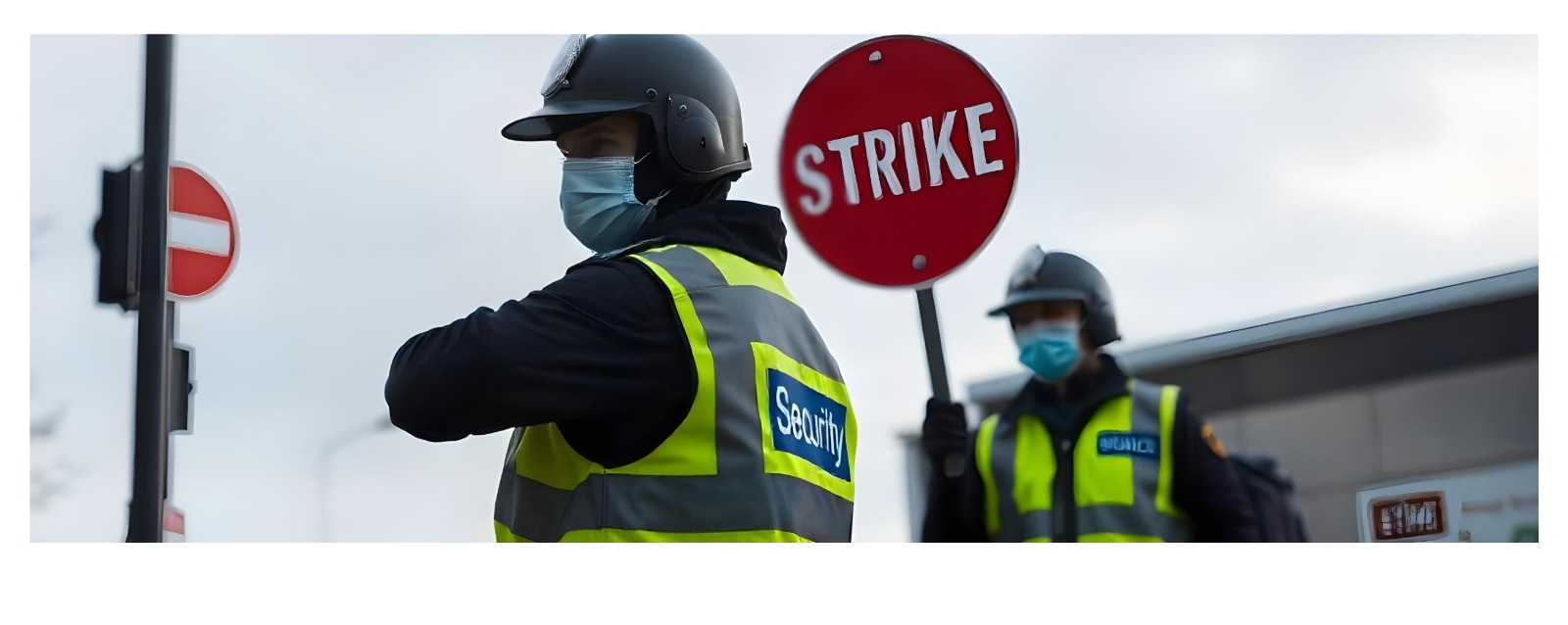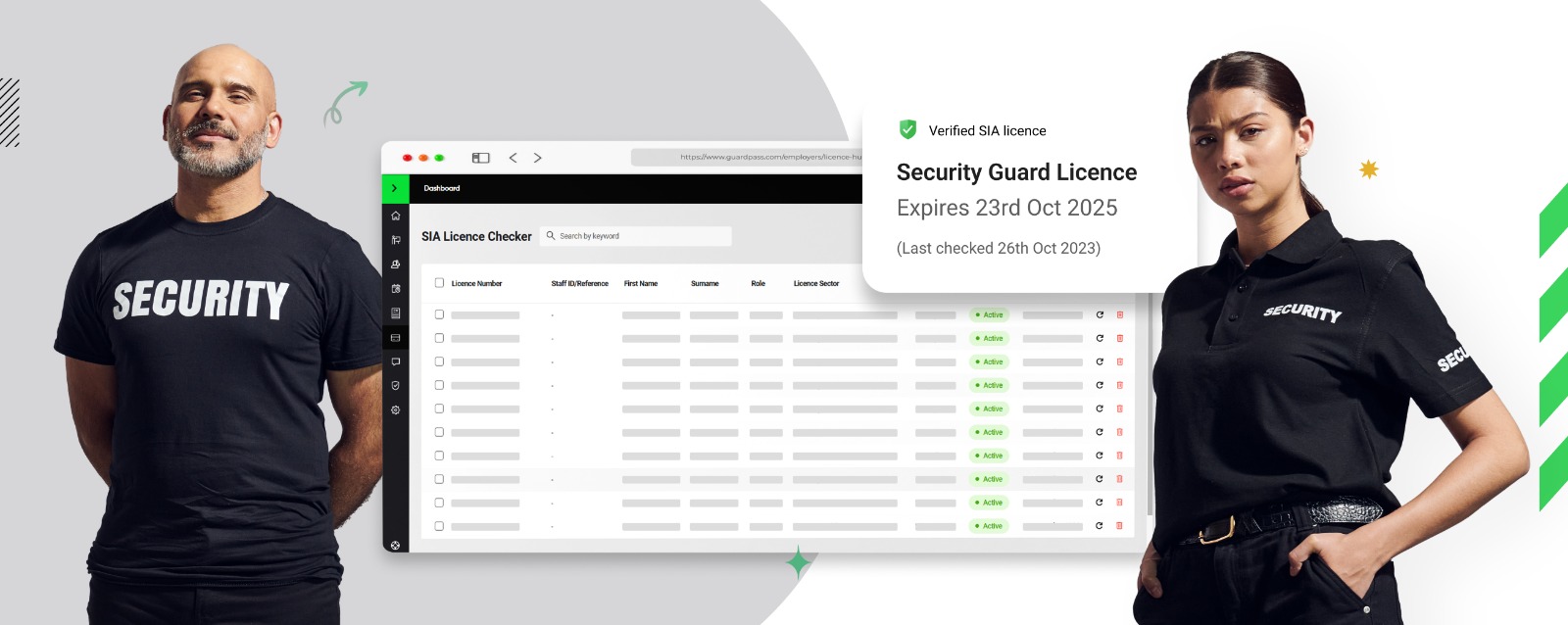London’s Science and Natural History Museums are facing an urgent issue. Over 70 security guards have voted to strike, demanding fair pay—£16 an hour. Right now, they earn just £11.95. That’s barely above the minimum wage.
These Guards Keep Our Museums Safe
Every day, these guards protect priceless exhibits and ensure the safety of millions of visitors. Despite their critical role, many of them are employed through outsourcing arrangements, a common practice in the security industry. This means that while they provide essential services to high-profile institutions, they are not directly employed by these institutions but rather by third-party companies that manage security contracts.
For years, their wages have struggled to keep pace with the rising cost of living in London. But this issue goes beyond just pay—it’s about recognition and respect for the role they play.
The Challenges of Contracting and Subcontracting in Security
In the security industry, outsourcing and subcontracting are standard practices. Institutions often choose to contract out their security services to external providers, which helps them reduce overhead costs. However, this model can lead to several challenges for security workers.
When contracts are awarded based on competitive bidding, providers often aim to lower operational costs to win contracts. Unfortunately, this can result in wages and benefits being impacted for security staff, as the focus shifts to cost efficiency over employee welfare. Guards may face limited job security, fewer benefits, and a disconnect between their work and the institution they serve.
Moreover, subcontracted workers are sometimes classified differently from direct employees, affecting their access to benefits like full sick pay from day one or other protections that many direct employees enjoy.
This is where understanding the true cost of employment becomes crucial. Our Fair Wages Calculator helps break down these costs, ensuring fair compensation for skilled security professionals.
Why £16 an Hour?
The security guards are asking for more than just a pay bump.
They want what’s fair. Right now, their sick pay only kicks in on day four—meaning they lose three days of pay if they get sick. On top of that, £16/hour is what reflects the true value they bring.
This isn’t just any job—it’s one that ensures the protection of some of the UK’s most treasured landmarks.
More Than a Strike—It’s About the Industry
This strike isn’t just about these museums. It’s about the entire security industry. If guards at high-profile places like these aren’t paid fairly, what does that say about the rest of the industry? Security guards across the UK are often undervalued, yet they perform a critical service that goes unnoticed.
A Step Toward Fair Wages for All
At GuardPass, we understand that wages are more than just a number. That’s why we created the Fair Wages Calculator.
It looks beyond base pay, considering the full picture—insurance, employer contributions, and more. It’s a tool that helps employers ensure they’re offering rates that reflect the true cost of hiring skilled security professionals.
Time for Change
Security guards deserve pay that reflects the important work they do. £16 an hour isn’t unreasonable—it’s fair. It’s time for the industry to step up and support those who protect our most valued spaces.
Support these workers. Support fair pay. Let’s ensure that everyone in the security industry is treated with the respect they deserve.
Want to know more about pay rates? Our Fair Wages Calculator could provide clarity.
Estimated reading time: 6 minutes
Estimated reading time: 5 minutes



